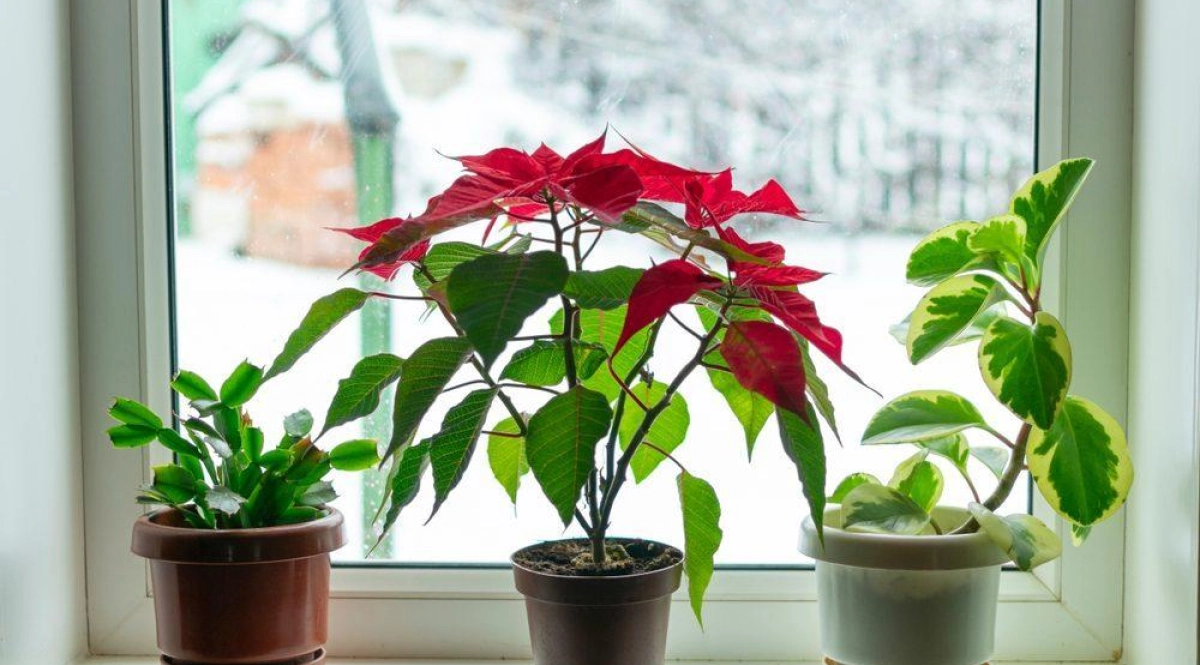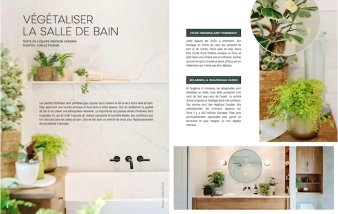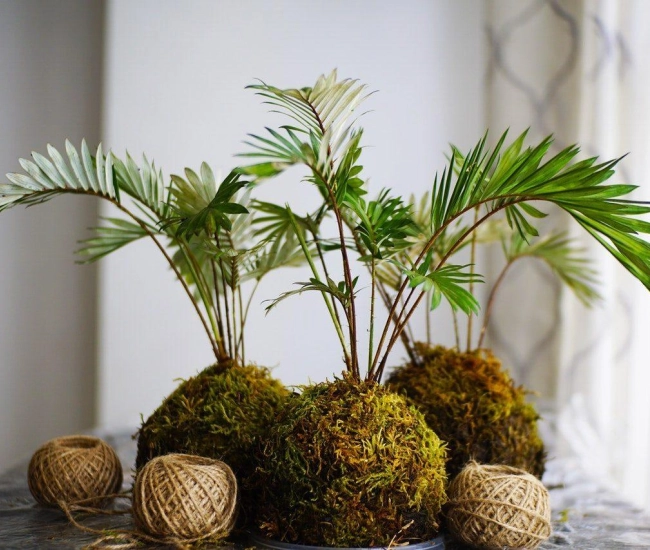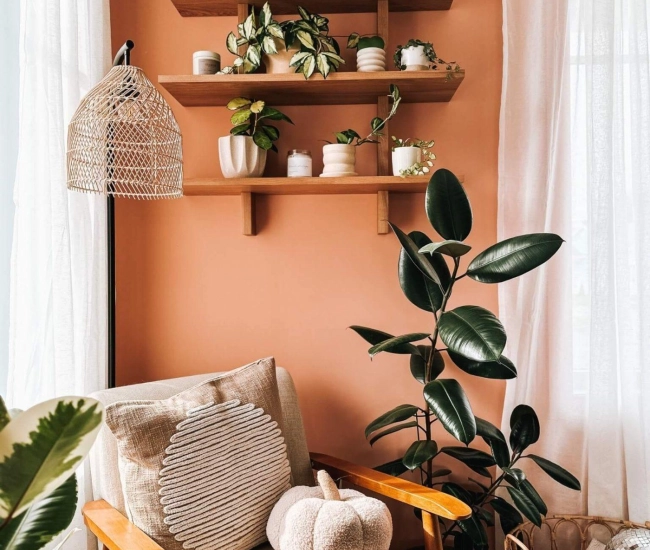
In winter, as the outdoor garden peacefully sleeps, waiting for the return of good weather, the amateur gardener finds themselves itching to get their hands into the soil. They can keep busy with their indoor plants... but be careful, green and flowering plants are also in hibernation, even if it doesn't seem like it. Just like driving, one must adapt the care given to indoor plants during winter. Here is what not to do with your plants in winter.
Overwatering
Since the plants are not growing, their water needs are reduced. If you are used to watering your plants systematically every week during the summer, it's better to space it out a bit between October and March. Listen to your plant, which will show signs of thirst when the time comes. Remember that plants generally suffer more from excess than from lack of water. Each plant has its own needs, so consult a Passion Jardins gardening advisor to ensure you provide the right amount of water for your plants. For some plants like lithops, you should stop watering completely for a few months in winter. This rest period is necessary for them.
Fertilizing
Your plants do not need fertilizer during winter. After September, and until March, stop fertilizing as it does not benefit them at all. All they need is light and water. Nutrient input is not necessary. In March, you can start fertilizing your plants again, always following their needs and the manufacturer's instructions.
Forgetting humidity
Our Quebec winters are quite cold, so our homes need to be heated for us to be comfortable. Unfortunately, the heating, whether electric, gas, or wood, dries out the ambient air. Many indoor plants are of tropical origin and need a good level of humidity to stay healthy. During the winter months especially, it's crucial to create humidity around them. You can:
- Mist the foliage a few times a week
- Use a commercial humidifier, especially if the air is too dry for you as well
- Place your plants on a bed of gravel or clay pebbles to create a homemade humidifier
Even though the plant's water needs are less important in winter, humidity must remain constant.
Overheating
If you are comfortable, your plants should be too. However, if your plant is placed near a heat source: air vent, radiator, heater, fireplace, etc., it is likely to be too hot. Ideally, move it for the winter period. Do you have heated floors? It would be wise to place your plants at a height rather than directly on the floor where the heat might damage the roots and dry out the soil too quickly. Also, if possible, lower the ambient temperature by a few degrees during the night. In addition to being beneficial for your plants, it will also be good for your heating bill!
Disturbing the plants
Your plants are in a semi-sleep. It's best to avoid stress during this period. Wait a few weeks before pruning or repotting them. Also, take care to water them with room temperature water rather than cold water straight from the tap. In addition to warming it, letting the water temper will eliminate excess chlorine, which your plants will surely appreciate. Keep your plants away from cold drafts from doors and windows, they do not like it at all, and some are very sensitive to it.
Your plants can have a very nice winter, quietly settled in the comfort of your home. If you feel too itchy to garden, why not start a terrarium or a plant frame project? Visit your Passion Jardins store to find inspiration and all the necessary materials. Besides adding a new element to your decor, it will allow you to live your passion for gardening, even in winter, while respecting the needs of the plants.
Tips and advice



